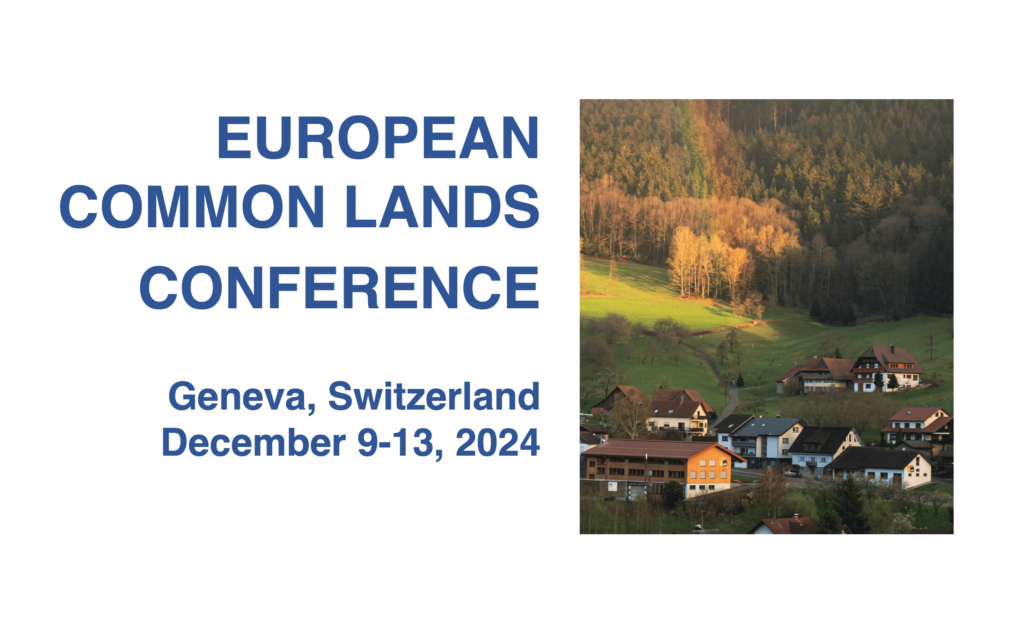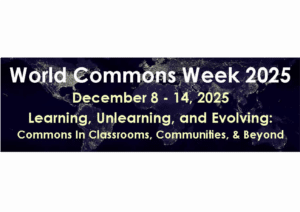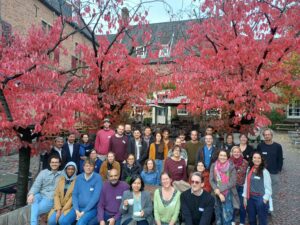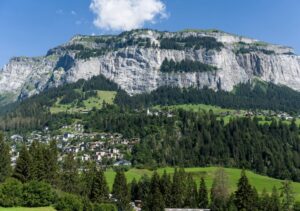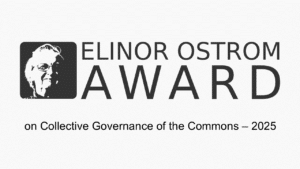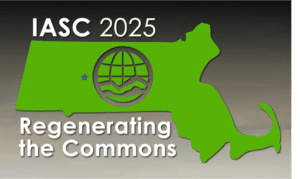In an increasingly urban world, rural people, be they Indigenous Peoples, Local Communities or Rural Communities, are increasingly being left behind. Yet, in order to move towards the 2050 vision of “living in harmony with nature”, we need to make sure that no one is left behind. This means that there also needs to be resolutions by various global decision makers to be inclusive and include all rural communities in decision-making processes. While some Indigenous Peoples have been relatively successful in creating space within the various global policy making institutions, such as in IUCN, other rural communities have not.
One global tool that has been put in place for inclusive conservation of biodiversity are Other Effective area-based Conservation Measures . This measure can also contribute to the various Sustainable Development Goals (SDGs).
The objective of this two-part conference is to start the process of creating a space for all rural communities, so that the various 2030 policies and targets can truly be inclusive of these communities and their natural resources in all their diversity (water, forests, pastures, fisheries, game, veld, pannage, estover, turbary, piscary, animals ferae naturae etc.).
Organised by IUCN, IASC Europe & CIS, and ICCA Consortium Europe, this event is set to improve the way rural peoples in Europe are recognised.
For further information about the conference, including the tentative program, how to register and any other updates, please visit the conference website.
2024 IASC Europe and CIS membership meeting, Geneva, Switzerland, Dec 9-13, 2024
At the European Common Lands Conference in Geneva, we plan to have an IASC Europe and CIS membership meeting and discuss further actions and activities. Please book your calendars accordingly. We plan to discuss joint research, academic and policy papers, events and other activities that are of interest to the members. Please do not forget to renew your IASC membership (or to consider becoming one), it is rewarding (e.g., waiver for the Geneva Conference) but also makes a valuable contribution to maintaining our work for European and CIS commons and its recognition in European science and policy.

